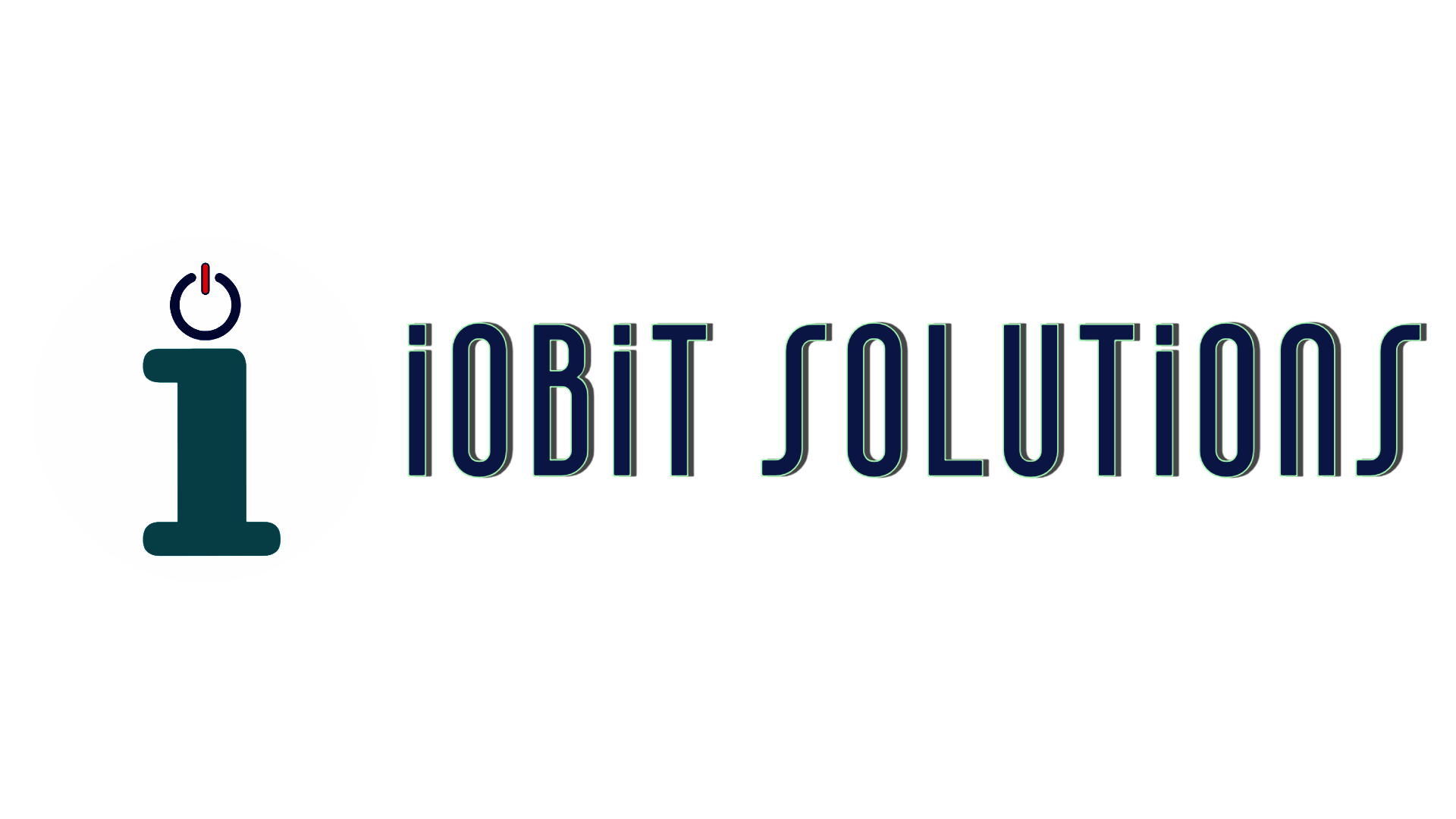CRM IT Systems for Small Businesses
In today’s competitive market, maintaining strong customer relationships is essential for business success. A Customer Relationship Management (CRM) IT system is a powerful tool designed to help businesses manage interactions with current and potential customers. This guide will walk small business owners, marketing professionals, and sales teams through the essentials of CRM IT systems, with a focus on real estate and garment industries.
What is a CRM IT System?
A CRM IT system is a software platform that helps businesses manage customer data and interactions, streamline processes, and improve profitability. It consolidates customer information into a single database, making it easier to access and manage.
How Does a CRM IT System Work?
At its core, a CRM system collects customer information from multiple channels such as email, social media, phone calls, and website interactions. This data is then organized into a comprehensive view of each customer, enabling businesses to understand their preferences, behaviors, and needs better.
Key components of a CRM system include:
- Lead Management: Track and manage potential customers from the initial point of contact through to conversion.
- Customer Service Tools: Provide exceptional support with features like ticket management, knowledge bases, and live chat.
- Customizable Dashboards: Tailor your CRM interface to display the most relevant data for your business operations.
- Sales Automation: Automate routine tasks like follow-up emails and reporting to focus on closing deals.
Benefits of Implementing a CRM IT System
Implementing a CRM system offers numerous advantages, such as:
- Improved Customer Relationships: By having all customer data in one place, teams can provide personalized service, leading to increased customer satisfaction.
- Enhanced Communication: CRM systems facilitate better communication both internally and with customers, ensuring everyone is on the same page.
- Increased Efficiency: Automating repetitive tasks saves time for your team, allowing them to focus on more strategic activities.
- Data-Driven Insights: Access to comprehensive data allows businesses to make informed decisions and develop targeted marketing strategies.
Types of CRM IT Systems
There are several types of CRM systems to consider based on your business needs:
- Operational CRM focuses on automating and improving customer-facing processes such as sales and marketing.
- Analytical CRM helps analyze customer data to improve decision-making and strategize for future interactions.
- Collaborative CRM facilitates communication and collaboration among different departments to enhance the overall customer experience.
Choosing the Right CRM IT System for Your Business
Selecting the appropriate CRM system depends on several factors:
- Identify Your Needs: Determine which features are most crucial for your business. For real estate, lead management and customizable dashboards may be priorities, whereas garment businesses might emphasize customer service tools.
- Consider Scalability: Ensure the CRM system can grow with your business and accommodate increasing data volumes and user numbers.
- Ease of Use: Choose a system that is intuitive and user-friendly to encourage adoption by your team.
- Customization Options: Look for a CRM that allows customization to fit your unique business processes and branding.
- Budget: Balance your requirements with the available budget. Some CRM systems offer tiered pricing models to accommodate different business sizes.
Conclusion
A CRM IT system is an invaluable asset for any business aiming to enhance customer relationships and streamline operations. By choosing the right system tailored to your specific needs, especially in industries like real estate and garments, you can take your customer engagement to the next level. Start exploring CRM options today and see how a powerful and efficient system can transform your business.

